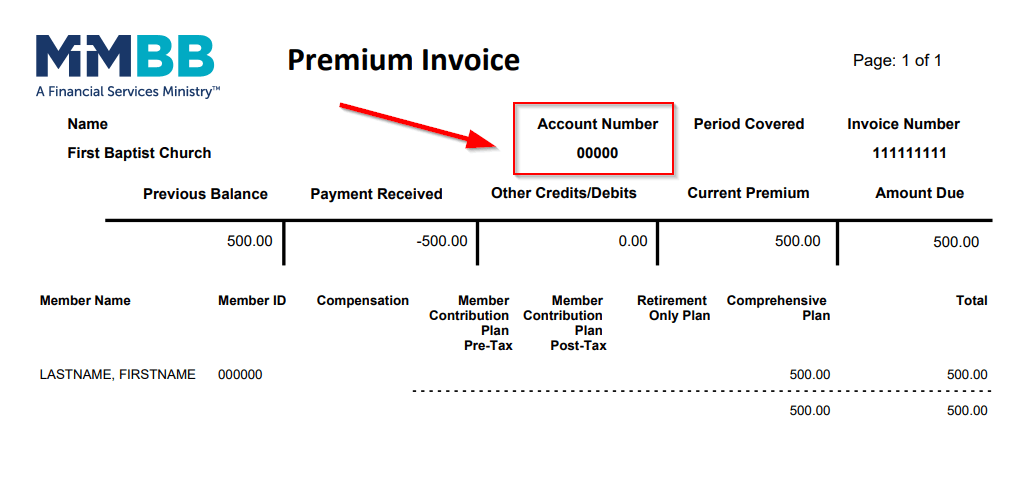Vincent Schera and Rev. Dr. Perry J. Hopper
Whether it is by phone, in person — either one-on-one or with a search committee — interviewing is one of the most important steps in the hiring process. You can increase the likelihood of hiring the person who is right for the position by thinking ahead about the correct approach.
Strategies for interviewing candidates for churches and faith-based organizations and the corporate world are very similar. One big distinction — in the church or church-related organizations, candidates often have a sense of being called to serve with the church or organization. This not only applies to those who are called to serve as pastors or other ministerial positions, but many people want to feel as though their work contributes to the greater good and serves God.
Prior to conducting an interview, you will need to review the résumés closely to formulate questions based upon the candidate’s experience.
- What did they learn from past job experiences? Ask about their successes as well as their failures. What, if anything, would they have done differently?
- For congregational leaders, ask about their management style. How would your staff and your leadership speak about you?
- Also, be sure to ask situational questions that point to how they might handle a specific event or incident. This will help you to determine how the candidate might deal with certain high-pressure circumstances and staff issues.
- If the candidate has held a number of positions over a brief period of time, you might want to determine why they have moved around so much.
One of the first things to do when conducting an interview is to create a relaxed atmosphere that encourages a candidate to open up and speak comfortably about him or herself. It is important to determine why the candidate is interested in the position.
- What are some of their core gifts and talents?
- In the case of a clergy person, why do they feel spiritually led to seek this position? Think about what qualities and competencies the congregation needs in a pastor. Is it strong preaching and teaching skills, executive and administrative skills, or are you seeking a person with gifts for pastoral care?
- Ask why they left their last position. There are many reasons, all of which will help in making the hiring decision.
- Ask if they can visualize themselves in this position, doing meaningful work and making an impact. What might that look like?
Are they a cultural fit?
When speaking with the candidate, you want to determine if he or she will be a cultural fit for your organization. In the corporate setting, cultural fit often involves assessing how the goals and expectations of the candidate compare with that of the company. Churches look for a spiritual and theological connection as well as a cultural fit; they want an understanding of the candidate’s foundational beliefs in areas such as discipleship, mission or stewardship.
How do they view their role in the changing landscape of the church today? Is the candidate for senior pastor, associate pastor, youth minister, or music minister able to tell you why they feel called to be a part of your church or organization and what sets it apart from others? Has the candidate researched your church or organization? This demonstrates a high level of interest. Is it somewhere that they would like to be?
Typically, in the corporate world, the human resources manager will conduct the initial interview before sending the candidate to meet with the hiring manager or others in the organization. In a church, the person(s) responsible for conducting the interview will depend on the size of the church and whether they are multi-staff or single person (pastor and secretary). There might also be a pulpit search committee made up of key leaders from the church who recommend a pastoral candidate for consideration. Typically, search teams will look to gain a sense of a clergy person’s gifts and skills.
In many cases, church by-laws will stipulate the duties and responsibilities for a particular position.
More and more, churches are relying on the same interview strategies and hiring practices as the corporate world. The use of employment contracts, a longtime corporate practice, is becoming more common in church organizations, such as the minister/church agreement, a formal agreement for employment over a period of time listing expectations and accountability.
Always allow sufficient time for questions at the end of the interview. Be as clear as possible about the next steps. Let the candidate know where they stand — i.e., are they the first person to be interviewed, and are there additional interviews scheduled?
In many churches, pastoral candidates will be invited to preach a sermon or teach a Bible study lesson as part of the selection process. They might also be required to meet with the church leadership and the congregation.
Most importantly, be sure to be in touch with the candidate regardless of the decision. If the candidate was not selected, you might choose to offer feedback that could be helpful to the candidate as a matter of professional courtesy.
Vincent Schera is chief human resources officer at MMBB Financial Services [ www.mmbb.org ], where he implements and manages all HCM policies and programs for MMBB.
Rev. Dr. Perry J. Hopper is associate executive director at MMBB Financial Services, oversees all aspects of denominational relations, and is responsible for coordinating special programs that support MMBB’s mission.
Back to Financial Resource Center










